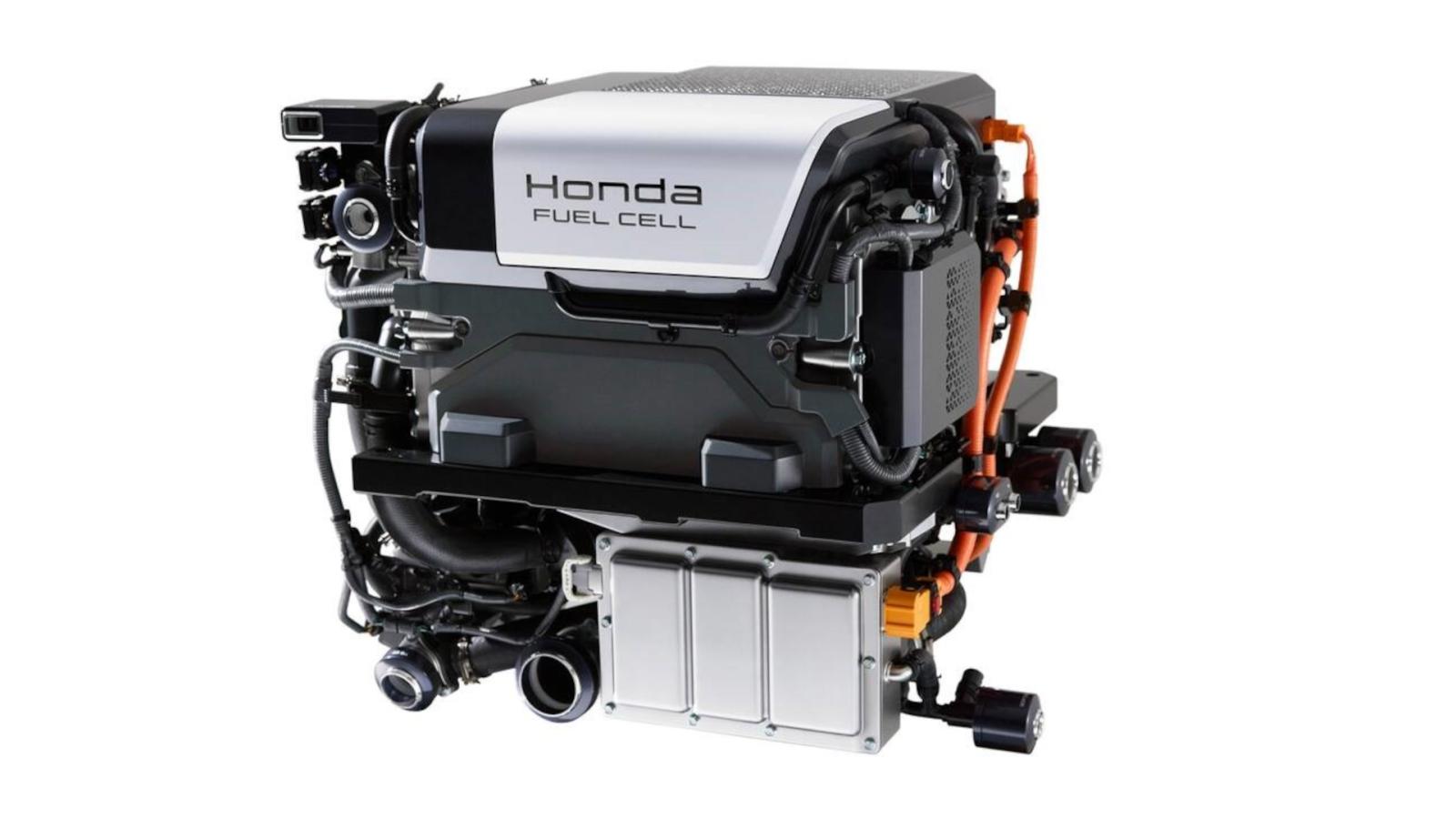Honda's Hydrogen Revolution: Reinventing Fuel Cell Technology for a Sustainable Future
Key Ideas
- Honda unveils a next-generation fuel cell engine delivering 204 horsepower, promising to cut production costs by 50% and tripling energy density.
- Mass production expected to begin in 2027, targeting various markets including FCEVs, commercial trucks, stationary power generation, and construction equipment.
- Strategic partnerships with European firms showcase Honda's commitment to establishing hydrogen ecosystems beyond passenger cars.
- Honda's focus on achieving carbon neutrality by 2050 aligns with their history of pushing for efficiency improvements and cleaner energy solutions.
Honda has introduced a groundbreaking next-generation fuel cell engine that not only delivers 204 horsepower but also aims to revolutionize fuel cell technology by cutting production costs in half while significantly improving performance. This reimagining of fuel cells triples energy density compared to Honda's current setup, offering more power in a smaller space, lasting twice as long, and reducing manufacturing costs for producers. The new fuel cell unit addresses major obstacles facing hydrogen vehicles today, including the high manufacturing costs that have kept them out of reach for many consumers, the improved durability that enhances the total cost of ownership, and the increased energy density that solves packaging challenges in smaller vehicles.
Honda plans to start mass production in 2027, expanding into markets beyond passenger cars to include commercial trucks, stationary power generation, and construction equipment. Strategic partnerships with European firms show Honda's commitment to establishing hydrogen ecosystems in various industries. This move aligns with Honda's long-standing dedication to fuel cell technology, with a vision of achieving carbon neutrality by 2050. The company's focus on hydrogen as a clean energy source complements their history of efficiency improvements and environmental responsibility.
Honda's bold bet on hydrogen reflects their deep understanding of powertrains and the potential for hydrogen fuel cells to excel in applications where batteries may fall short, such as long-haul trucking. By investing in strategic partnerships with companies like Hypermotive and e-power, Honda aims to drive innovation forward and expand the use of hydrogen technology in marine and construction applications. This shift towards hydrogen aligns with Honda's environmental goals and could lead to a cleaner automotive future in the US, with the potential for hydrogen-powered boats and construction equipment to become more common sights. With Honda's new fuel cell engine poised to reshape the hydrogen landscape, the future of hydrogen vehicles in America looks promising, but the real test will be how well it is embraced by consumers alongside the growing electric vehicle trend.
